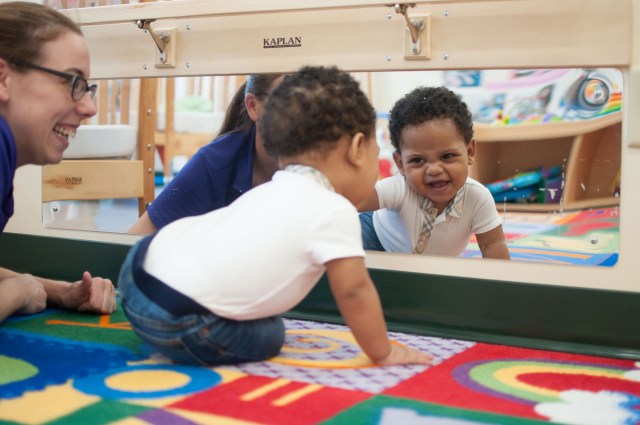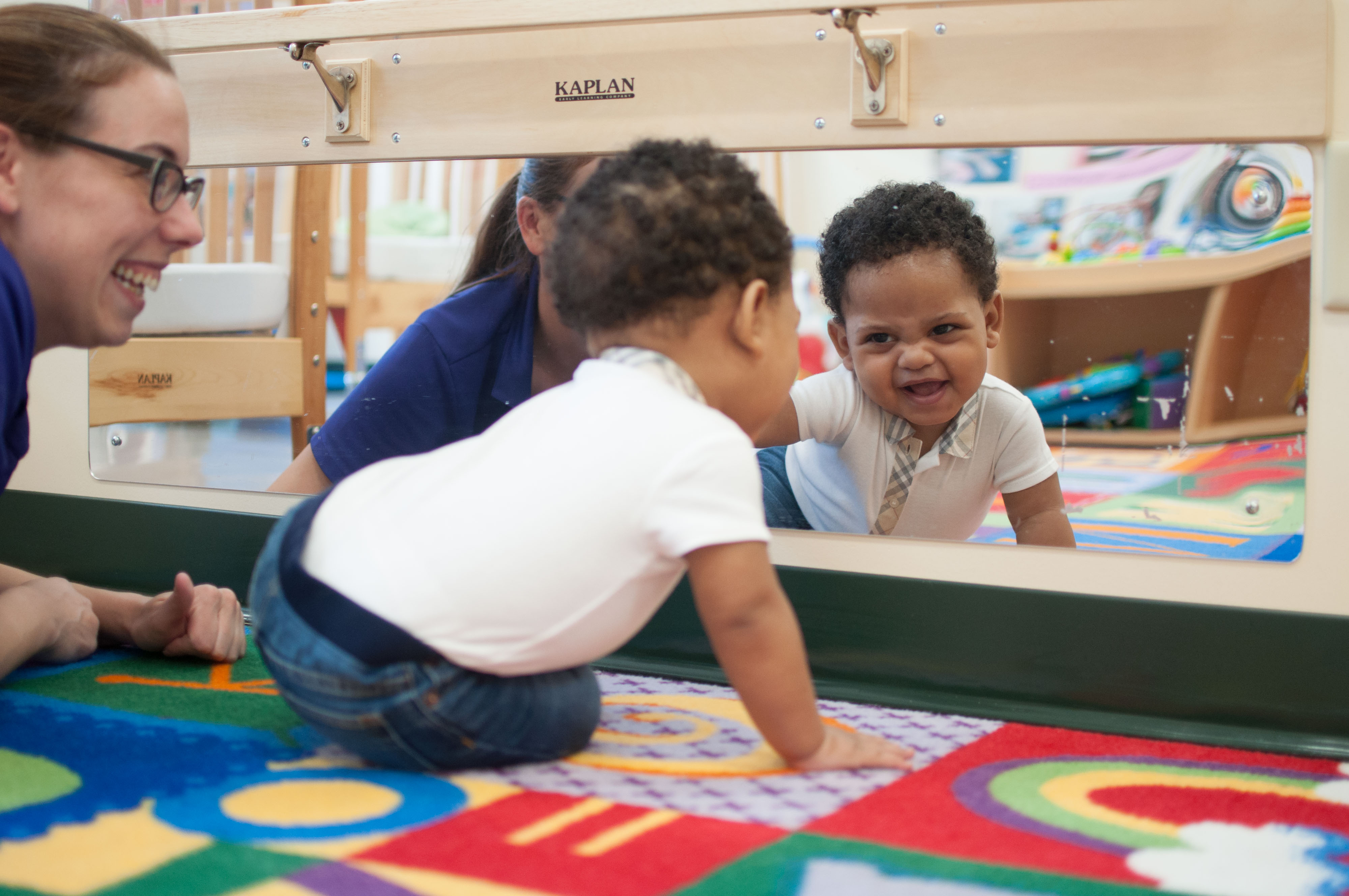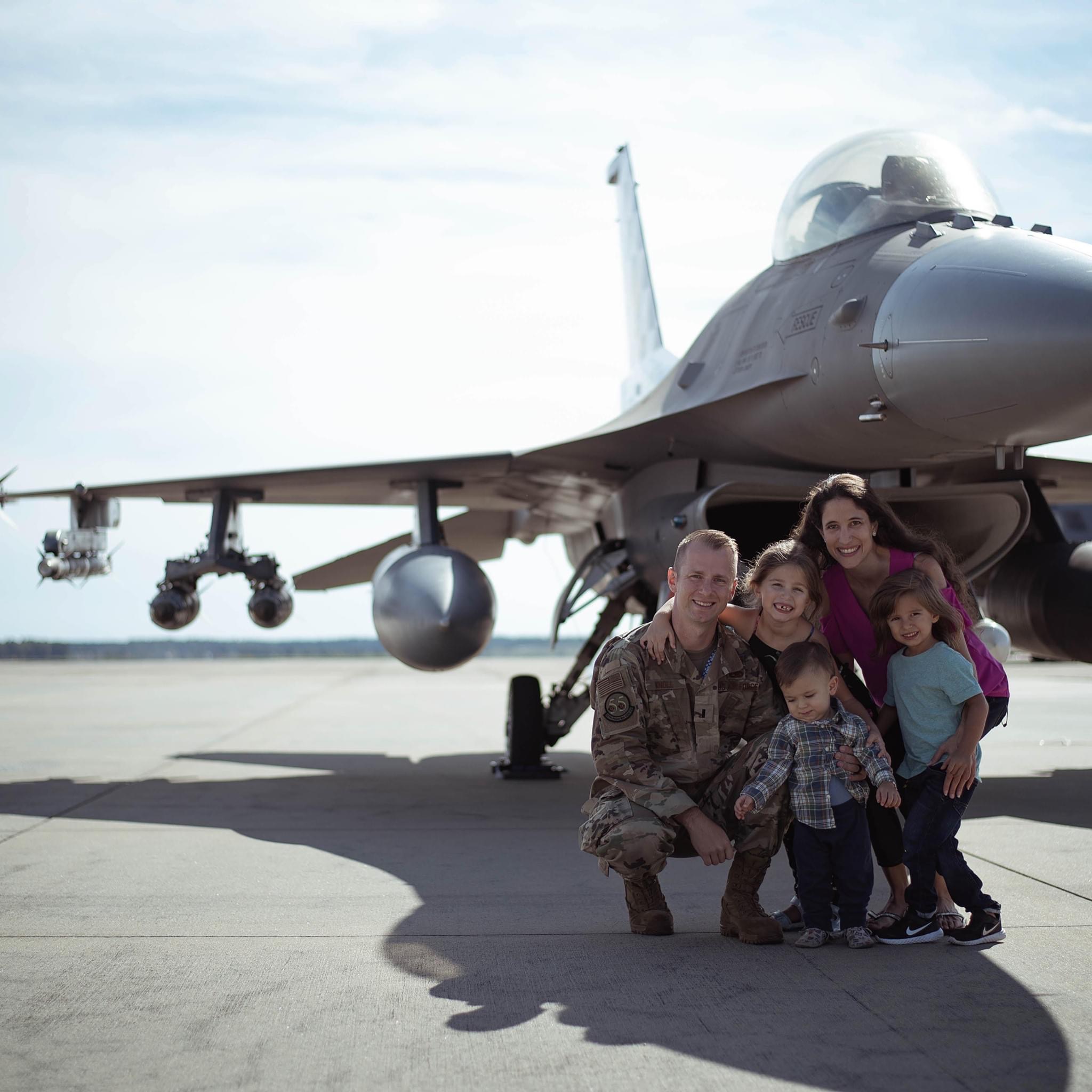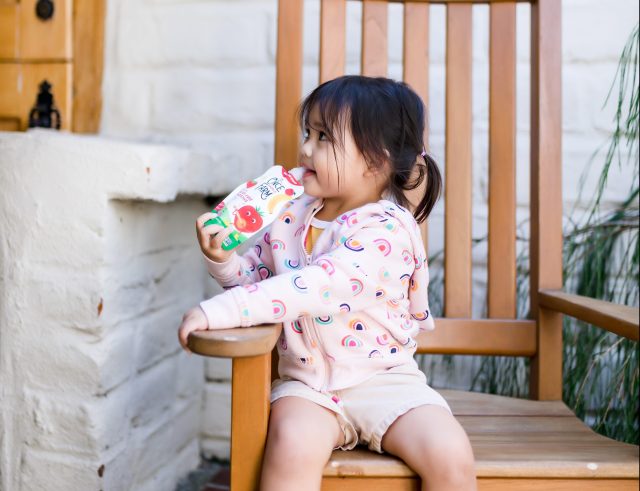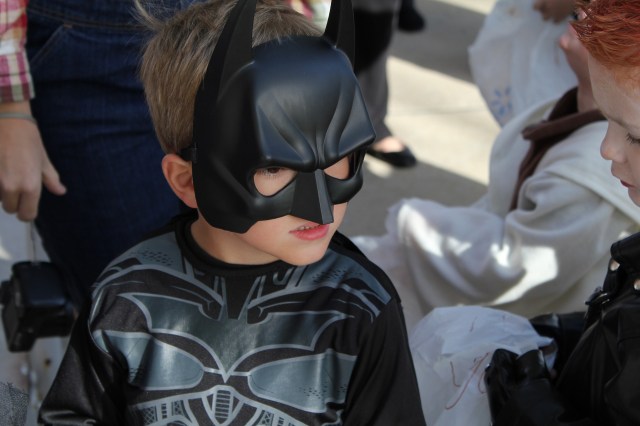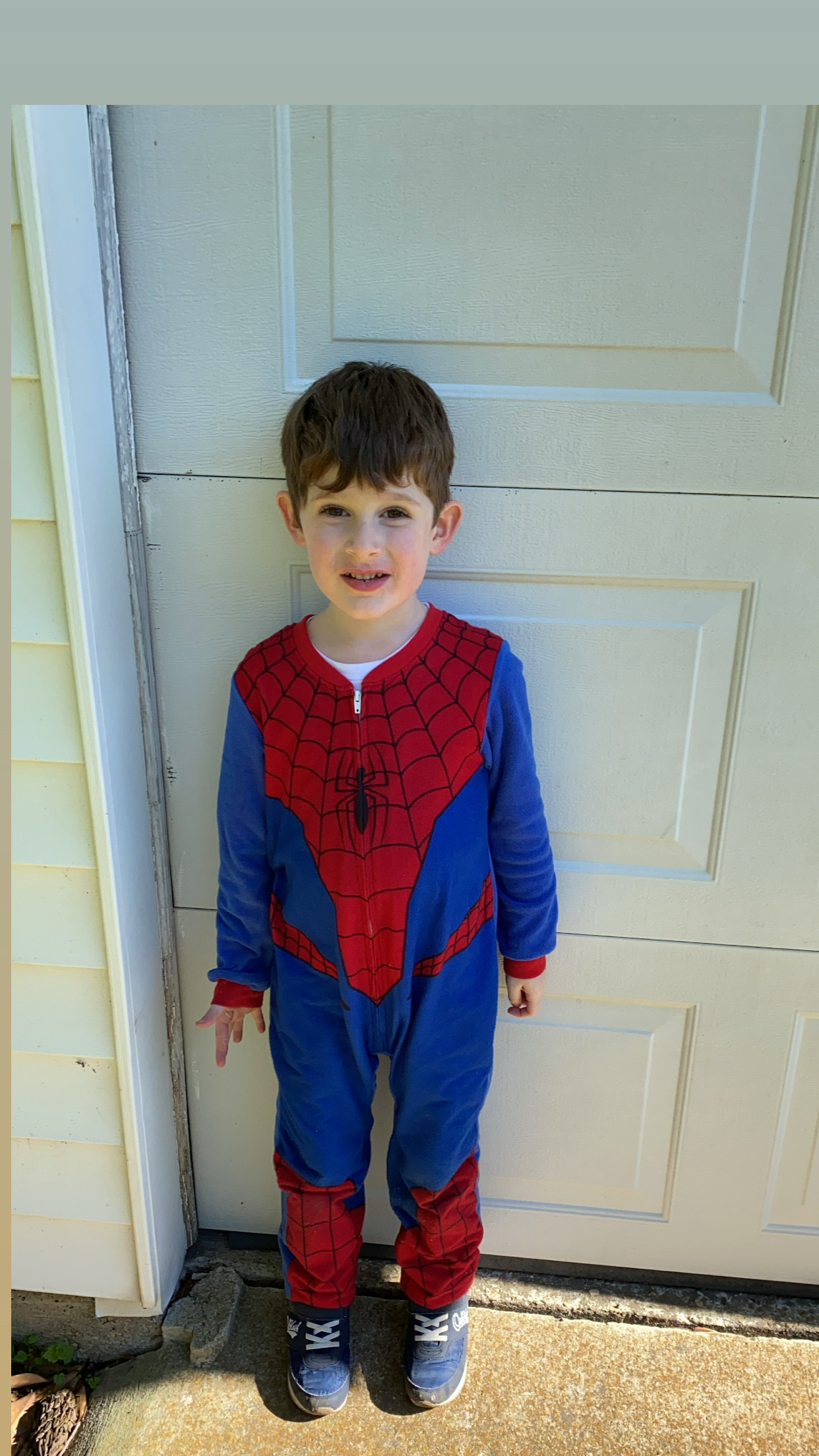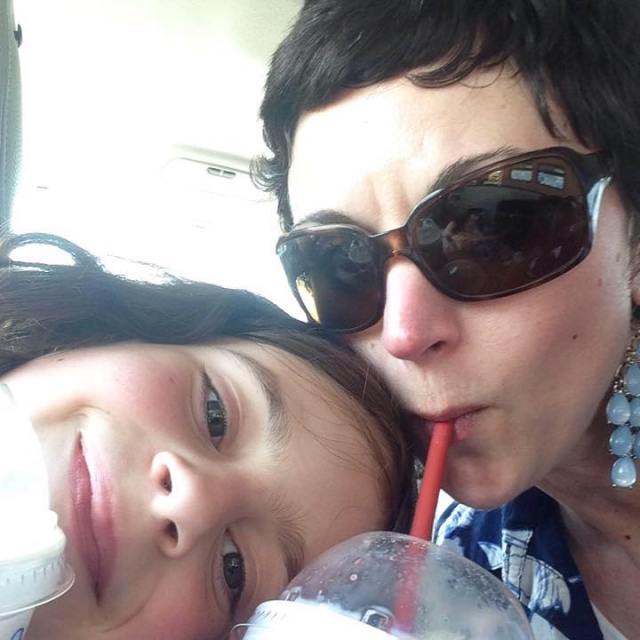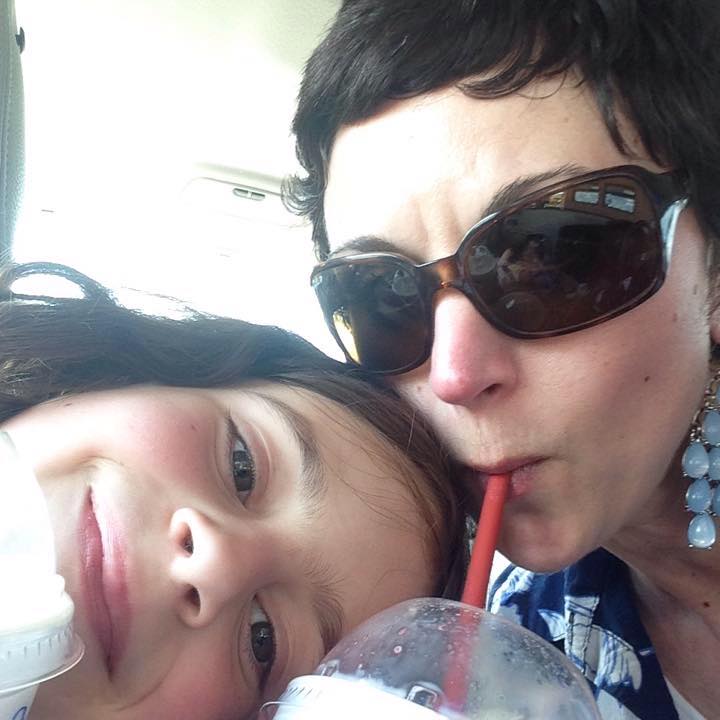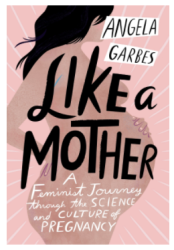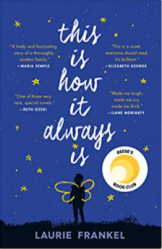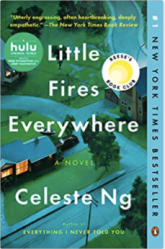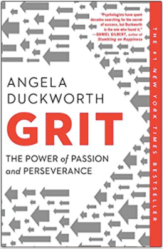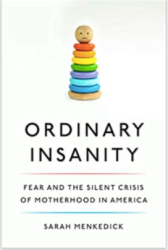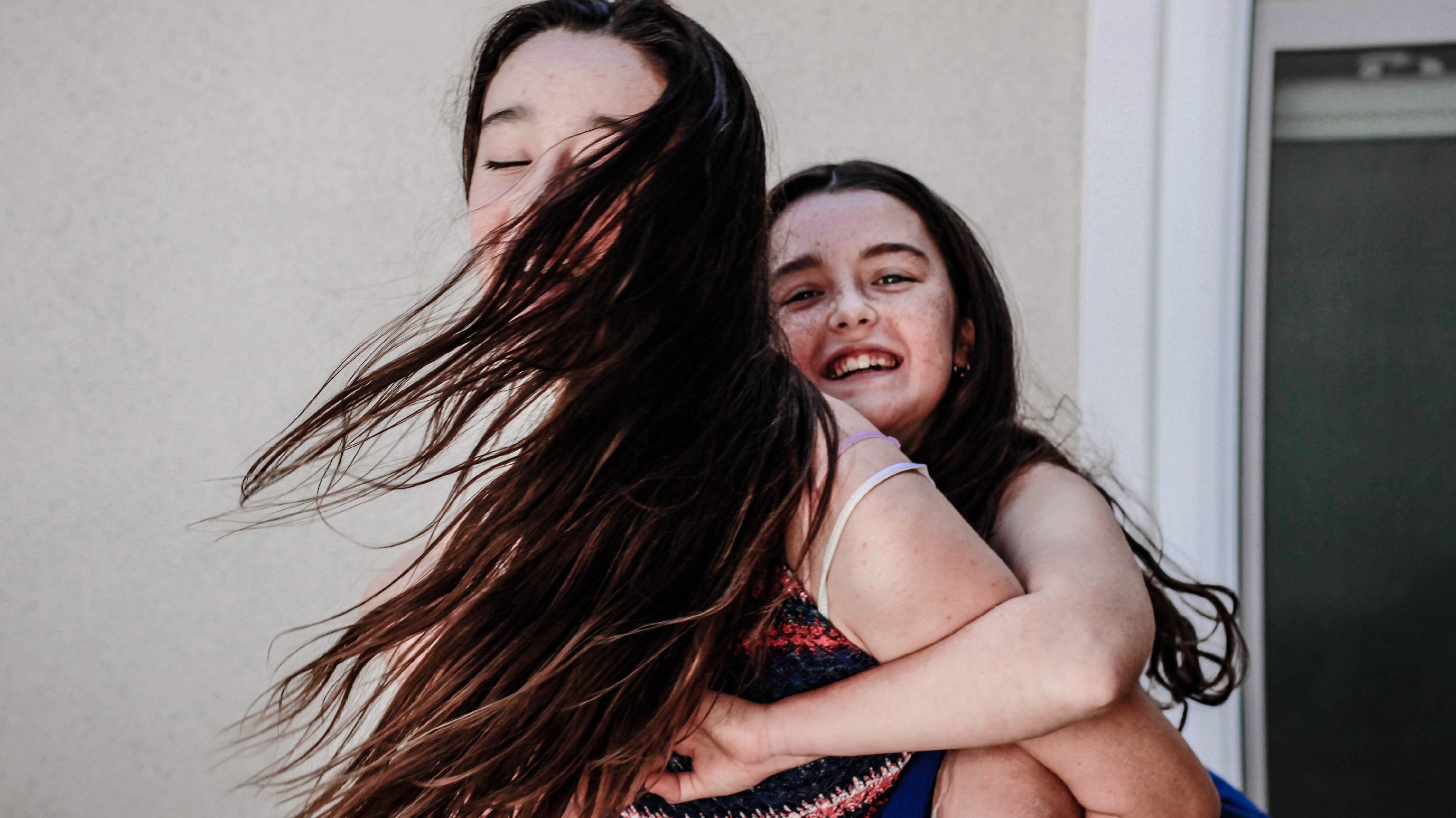
The other night I was watching one of my favorite shows, New Girl. If you haven’t seen it, it’s a hilarious show about four roommates living life as a family unit in California. In this particular episode, one of the roommates is cooking buttered bacon on the stove. An argument occurs, and he turns his back on the sizzling meat for a minute. Before the close pals know it, a grease fire starts. Chaos breaks out and one of them, thinking it will help, sprays water on the flames. That, of course, only makes things worse.
Have you ever wondered why you can’t put a grease fire out with water? The reason you can’t is that oil and water don’t mix. When water hits the grease, it causes the grease to splatter, which causes the fire to spread rapidly.
The picture of an unexpected, explosive grease fire is how I feel about parenting sometimes. I always mean well, but it doesn’t always end well. Unfortunately, my watery methods don’t always mix with my children’s sometimes oily troubles.
It reminds me of a time I was working as a Family Director at a local preschool. I opened the school at 6:30 a.m. every morning, and my children came with me. Although I worked at the preschool, my children didn’t attend this school during the day, so the bus would pick them up and take them to their public school every morning. On this particular morning, my then-seven-year-old child refused to get on the bus, and I was very frustrated. We were causing a scene in front of parents, students, and staff. I thought for sure that if I demanded and yelled that she gets on the bus, she would. Tough love, right? Wrong. It was an unexpected, explosive grease fire moment.
Amidst parents dropping their kids off at the preschool, she was crying, shouting, and stomping her feet. I was pointing at the door and was yelling for her to leave. All I kept wondering was why she wasn’t listening. I couldn’t help but feel I was a failure as a mom, and if I was a failure as a mom, I was certainly a failure as the school’s family director! Ugh. We didn’t know at that moment, but we both felt lost, embarrassed, and hurt at the same time.
Kids are resilient, and thankfully an explosive moment or fiery disagreement doesn’t mean you have ruined your children or that you’re a failure as a parent. However, after many moments like this one, I was wondering what I was doing wrong.
It wasn’t long after that a friend suggested we see a therapist. Although worry and shame filled my mind, we eventually took the advice. Guess what? It turned out my daughter wasn’t trying to spite me when she was acting up, and she wasn’t trying to cause trouble every day. After several sessions and evaluations, she was diagnosed with anxiety. (Insert mom guilt here!)
I have seen kids struggle with their mental health throughout my life, from siblings and students to my children. Each experience was unique, but there is something in common with every situation—the children always looked to adults to be the calming voice in their chaos. They are looking to caregivers to smother their fire, not increase the flames.
Laura Guarino-Youngfleisch MA, LMHC, is the clinical manager of children’s outreach health services at SalusCare, Inc. In an article, she said, “Every child deserves to be healthy both physically and mentally. You can help any child you know by ensuring that he or she gets the necessary services simply by noticing there is a problem and advocating on the child’s behalf.”
Parents—you, yes you, are your child’s most prominent advocate and best protector. So if there is more chaos than calm, and if you are having a hard time smothering fires, it’s time to reach for outside help. Help comes in all different ways. It can be a phone call to a trusted friend, an appointment with the school counselor, or a call to a professional therapist.
I know your palms may be sweating, and you may have a knot in your stomach at the thought of reaching out for help. You’d probably rather be watching New Girl than picking up the phone and make a call. Trust me, I’ve been there, but help is ok. It’s more than ok. It’s a gift to you and your child. As I learned through trial and error, outside help is the fire extinguisher solution.










